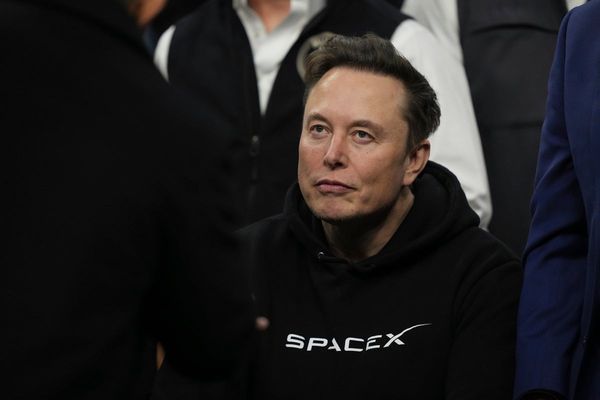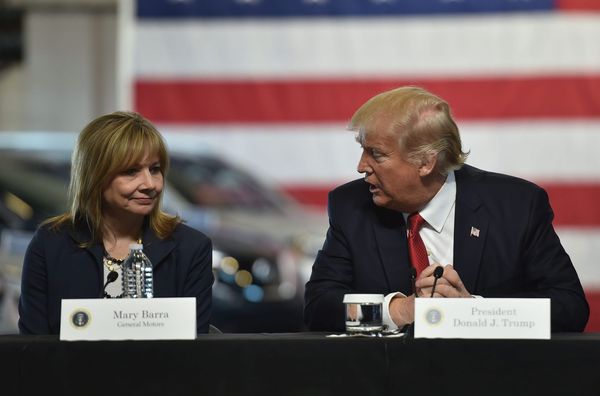
An attempted coup to overthrow Bolivian president Luis Arce’s government failed to materialise with the retreat of columns of military and the arrest of the general who led the rebellion.
The South American country of 12 million people saw its democracy in peril as armed soldiers tried to take control of the presidential palace in the seat of government La Paz in a rapidly escalating scenario.
Armoured tanks allegedly led by rebel military leader Juan José Zúñiga rammed into the doors of presidential palace in La Paz as hundreds of armed troops were mobilised.
Mr Arce said the country was facing an attempted coup d’état and ordered the general commander of the army to stand down before he was dismissed and taken into custody.
Television footage showed masked members of the military forcing their way into the palace before Mr Arce confronted the coup leader face to face, ordering him to withdraw forces.
“I am your captain, and I order you to withdraw your soldiers, and I will not allow this insubordination,” Mr Arce told the coup leader wearing a bulletproof vest.
The standoff ended within three hours after General Zúñiga ordered the soldiers to withdraw. He said the military was tired of the infighting and he was seeking "to restore democracy” with his botched coup.
Pictures showed protesters on the streets clashing with armed members of the military police.
Addressing the public from his balcony at the Great House of the People, the official presidential residence, Mr Arce said the troops who rose against him were "staining the uniform" of the military.
“We need the Bolivian people to mobilise and organise themselves against this coup d’état and in favour of democracy,” Mr Arce said.
He was flanked by the members of the cabinet and held a flag of Bolivia in his hands as he said: “We cannot allow, once again, attempted coups to claim Bolivian lives.”
“Long live the people of Bolivia! Long live democracy!” the ministers and aides accompanying the president shouted. “Long live our president, Luis Arce!”
By late afternoon, the president named a new military commander – José Wilson Sánchez Velásquez – who told the troops to return to the barracks. Supporters of the president raised chants of “democracy” as he spoke alongside Mr Arce.
The armoured vehicles roared out of the plaza, tailed by hundreds of military fighters as police in riot gear set up blockades outside the government palace.
Hundreds of Mr Arce’s supporters rushed the square outside the palace, waving Bolivian flags, singing the national anthem and cheering.
Government minister Eduardo del Castillo said that in addition to the general, former navy vice adm Juan Arnez Salvador was taken into custody.“What was this group’s goal? The goal was to overturn the democratically elected authority,” Mr del Castillo told journalists in announcing the arrests.
The coup attempt unfolded as the country faced months of tensions between Mr Arce and his one-time ally, former leftist president Evo Morales, over control of the ruling party amid a severe economic crisis.
The political turmoil between the two leaders had hampered the government’s efforts to deal with the economic crisis.
Gen Zúñiga referred to the crisis and said: “We are listening to the cry of the people because for many years an elite has taken control of the country.”
He said the politicians are “destroying the country: look at what situation we are in, what crisis they have left us in.”
He is likely to be charged with terrorism and armed uprising, according to the Guardian newspaper, with prosecutors expected to seek a maximum sentence of 15 to 20 years in prison.
Mr Morales also sounded an alarm over the images of the mobilisation of the army and urged supporters to take the streets to block the military.
“We will not allow the armed forces to violate democracy and intimidate the people,” he said.
The country has a long history of unrest with numerous coups and periods of political instability throughout its history. Mr Morales has long claimed he was removed from office in a 2019 coup which his supporters say was backed by the US.







